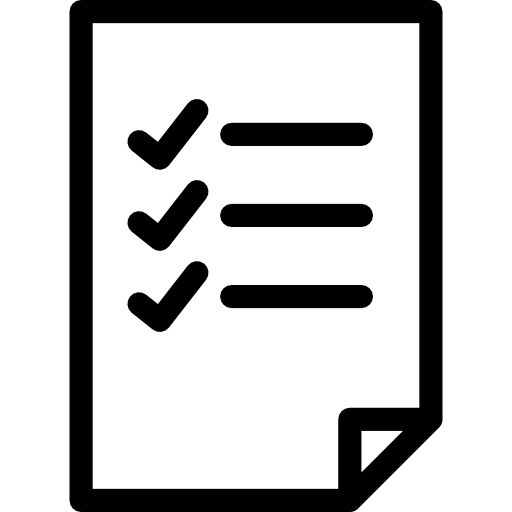Employment Law Compliance for Expatriates
Employment Law Compliance for Expatriates
Stay Legally Protected While Working or Hiring in Kenya
At BMA Advocates, we offer specialized legal guidance for expatriates working in Kenya and for organizations employing foreign nationals. From contracts and work permits to taxation and labor compliance, we ensure you meet all legal requirements with clarity and confidence.
Our Services Include:

Work Authorization & Permits
Full support for Class D permits, Special Passes, and variations for expatriate workers.

Employment Contract Drafting & Review
Ensuring contracts comply with the Employment Act and protect both employer and employee.

Taxation & Statutory Compliance
Guidance on PAYE, NHIF, NSSF, DTAs, and KRA PIN registration for foreign employees.

Labor Disputes & Redundancy Advice
Representation in termination, redundancy, or wrongful dismissal claims.

HR Policy Advisory for Expat Employers
Creating compliant HR systems that align with local and international employment norms.
Why Choose BMA Advocates?
- Strong grasp of Kenya’s labor law and expatriate employment frameworks
- Trusted by international organizations, NGOs, and multinationals
- Experts in work authorization for senior executives and sector professionals
- Strategic litigation and dispute resolution expertise in employment matters
Frequently Asked Questions (FAQs)
Employment Law Compliance for Expatriates – BMA Advocates
These are some of the key legal questions we help foreign workers and their employers address:
1. Can a foreigner legally work in Kenya?
Yes. Foreigners must obtain a valid Class D work permit or Special Pass before starting employment. We manage the process.
2. What is the difference between a Work Permit and a Special Pass?
Work Permits are long-term (1–2 years), while Special Passes are short-term (up to 90 days). Each has specific use cases.
3. How long does it take to get a work permit?
It typically takes 4–12 weeks. We handle end-to-end processing and follow-ups.
4. Can a foreigner switch employers while in Kenya?
Only through formal variation or by applying for a new permit. Unauthorized changes can lead to penalties.
5. What should an employment contract for an expatriate include?
What should an employment contract for an expatriate include?
6. Are expatriates subject to Kenyan tax?
Yes. Income from work performed in Kenya is taxed under PAYE. DTAs may provide relief.
7. Do expatriates contribute to NSSF and NHIF?
Yes, unless exempted via bilateral social security agreements. We assist with clarification and waivers.
8. What is the KRA PIN and why is it required?
The KRA PIN is used for tax compliance and transactions. It's mandatory for expatriates working in Kenya.
9. Can employers be penalized for hiring foreigners without permits?
Yes. Sanctions may include fines and blacklisting. We ensure proper compliance.
10. Can an expatriate sue for wrongful dismissal?
Yes. Expatriates can access Kenyan labor courts. We offer representation and dispute resolution.
11. Can Kenyan labor laws be overridden by international contracts?
No. Kenyan law applies to work performed in Kenya and overrides foreign contract terms.
12. Is it legal to pay an expatriate in foreign currency?
Yes, provided it's documented clearly in the contract. Currency controls may apply.
13. Are there sector-specific restrictions on expatriate employment?
Yes. Some sectors require registration with professional bodies or have quotas. We guide on compliance.
14. Do I need to provide housing, transport, or repatriation for foreign staff?
Not by law, but often expected. We structure legally sound expatriate packages.
15. Why do I need a lawyer for employment compliance as an expat or employer?
We ensure alignment between immigration, labor, and tax laws to protect you from penalties or disputes.


